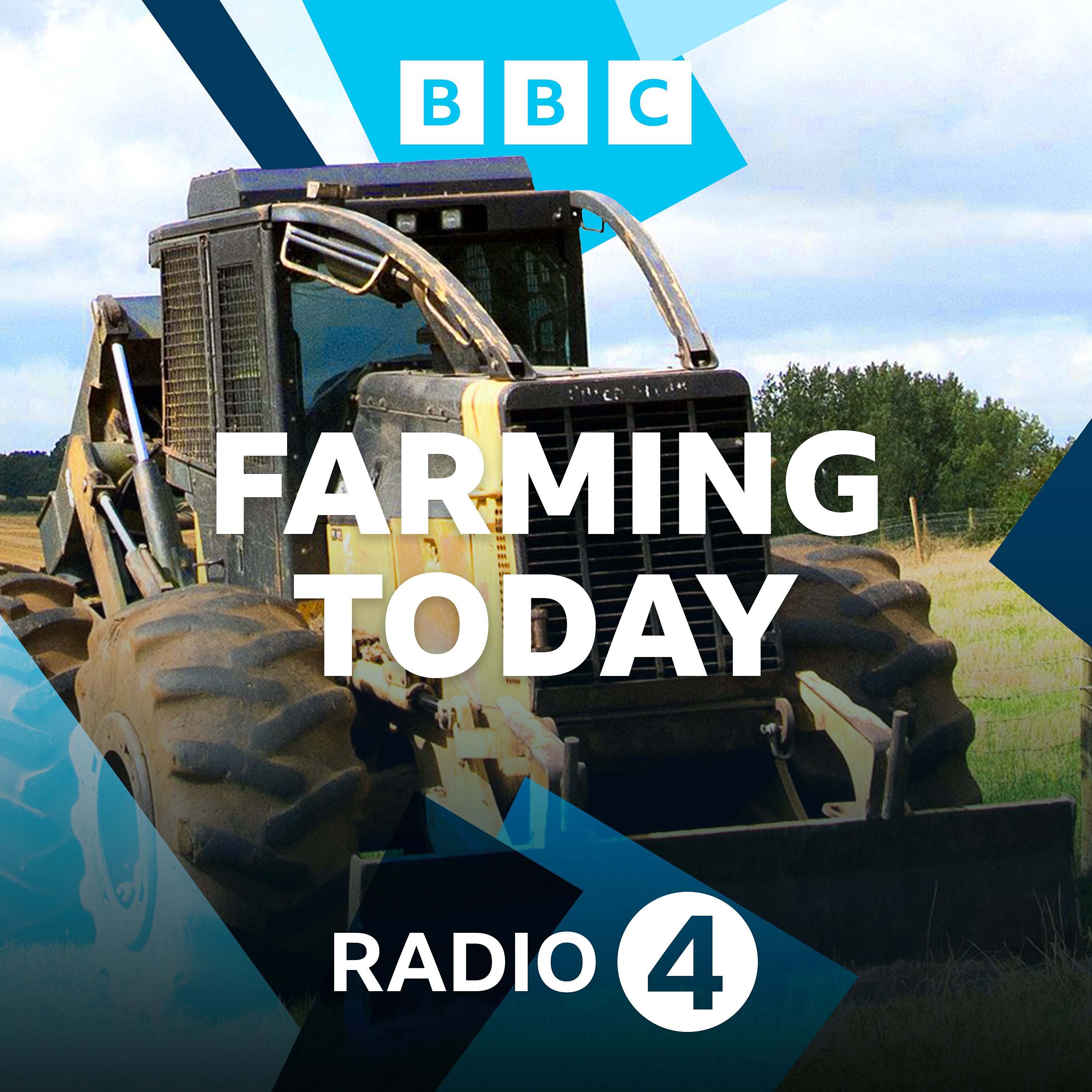28/10/24 - Salmon deaths, mink eradication and soil
Description
A rise in sea temperatures is being blamed for the death of more than a million fish on salmon farming sites. MOWI - the company that runs the sites - says increased sea temperatures in the last 2 years led to an influx of jellyfish and algae, which harmed the fish. But campaigners say having large numbers of salmon concentrated in once place is the real problem - claiming it compromises their health, making them more vulnerable when water temperatures fluctuate.
Invasive mink could be eradicated from the South East of England. Mink eat water voles - as well as other animals and birds - and projects are underway across the country to try and eradicate them. After successful efforts in Norfolk and Suffolk, The Waterlife Recovery Trust, with the help of volunteers and landowners, has laid two thousand floating "smart traps” along waterways.
And soil has been rising up the agenda in the last decade - among farmers, conservationists and politicians. Farmers in England can be paid to improve soil health and, in Northern Ireland, the government is funding country-wide soil sampling. So how much difference is it making?
Presented by Charlotte Smith
Produced by Heather Simons
More Episodes
The Advertising Standards Authority has issued guidance to advertisers to make sure consumers aren't misled about the term "regenerative agriculture".
Scotland's first minister John Swinney says inheritance tax changes in the budget are causing unacceptable levels of stress among farmers in...
Published 11/14/24
Published 11/14/24
A new tool is being used by the seafood sector to collate carbon emissions data from all along the supply chain - from farming catching the fish in the wild, all the way through to processing and packing.
The Scottish Government is consulting on a new Crofting Bill, aimed at making it easier for...
Published 11/13/24


